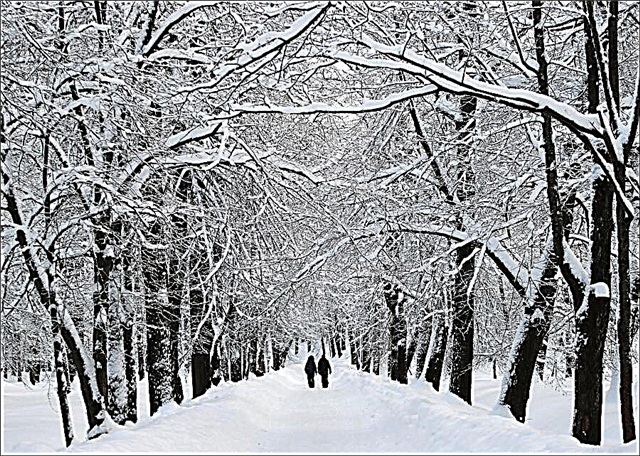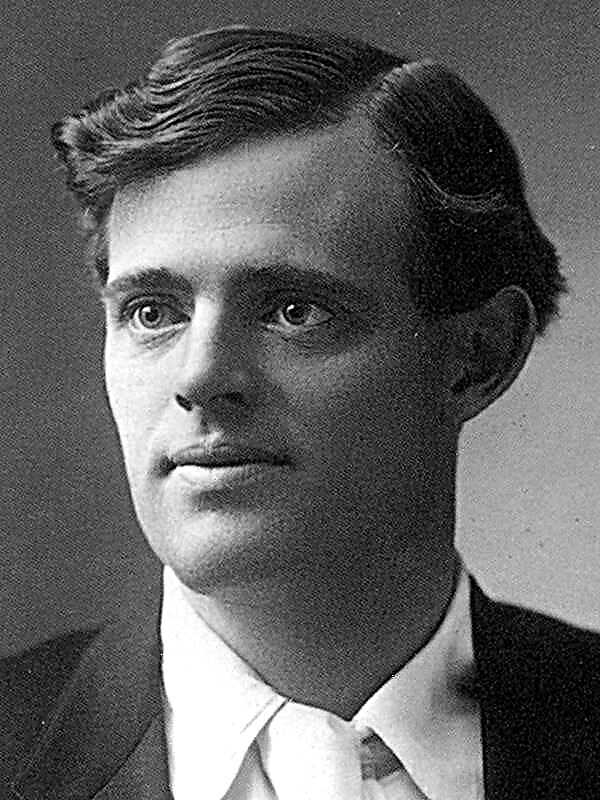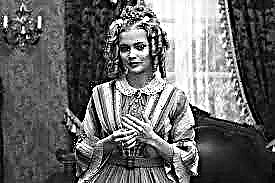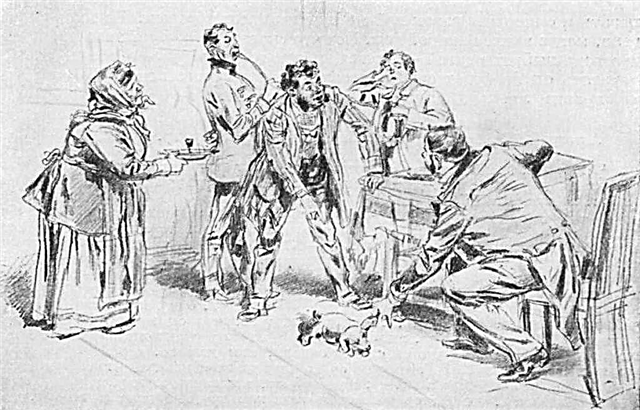The work Farewell to Matera was first published in 1976. The main events take place in the village of Matera, built on the island. The plot is as follows: the settlement will have to be flooded, and residents will be relocated due to the further construction of the Bratsk Hydroelectric Power Station. But not all citizens are going to leave their homes, they die with their native land. The Literaguru team squeezed the rest of the details into a very short summary for the reader's diary. Feedback at the end of the article.
(400 words) The last spring came for Matera (a village in the middle of the Angara River in the Irkutsk Region), built three hundred years ago. A little lower than the village engaged in the construction of a power plant. Because of this, water will soon rise and flood homes. After the summer, everyone should leave this area.
Pinigina Daria Vasilievna (70), a native of Matera, often sat with her friends, Nastya and Sima, drinking tea from a samovar. Nastasya lived with her husband, and she lost her children a long time ago. In the city they were allocated an apartment, but the elderly delayed moving. Sima had only a grandson here, and she herself moved here recently.
Bogodul, the next grandfather, came to Daria. He said that the sanitary team began cleaning from the cemetery: they got rid of grave crosses and fences. Subsequently, all this was burned. The old women saw an insult in the actions of the cleaners, drove out the workers and decided to return everything to its place.
Daria was categorical, she did not want to leave. Walking through the village, the heroine plunged into memories of the past. Later, the second son of Daria returned, Paul (50 years old). The first was killed in the war, and the third died in an accident during a felling. The old woman could not imagine life in the city where her son had already moved his family.
The time has come to leave Nastasya with her husband. The old people gathered slowly, because there was little desire to leave their homes. At night, a fire occurred in the house where Catherine lived. It was arranged by her son, Petruha, in order to quickly receive monetary compensation. After arson, he disappears.
Pavel rarely came to Matera, because he understood that he had to move from the village. His wife Sonya enjoyed the new life. He became calmer when Catherine moved to her mother. Paul knew that his mother could not get comfortable in the city.
Haymaking has begun. Soon Petrukh returned and gave his mother money for the burnt hut. The grandson Andrei, who works at the factory but quit his job, visited Daria. He also approves the reservoir project. The hero for the company with Petruha was going to a large-scale construction site.
Gradually, people began to evacuate livestock and began to leave. They try to drink the largest tree in the village, but nothing comes of it: "royal foliage" remains in place. Petruha engaged in arson of houses for a fee. Paul, taking out a cow, suggested that his mother go to the village. But she refused. An elderly woman went to the graves and asked for forgiveness from the deceased relatives for being disturbed.
Soon, Daria's home was to be burned, and she, knowing this, whitewashed the house. Nastasya returned to Mater to report the death of her husband from longing for the village. When all the huts were burned, the old women found the barracks of God-Maker. Having learned about this, they immediately sent Pavel and Petrukh. On this the plot breaks off.
Short review: In the story, Rasputin contrasts two generations: the old and the new. The generation of fathers is not ready to leave the village, it continues to adhere to the traditions of the past: where I was born, there I will find the last refuge. And the youth is ready to get rid of the village for a better life in the new conditions. Peacefully failing to resolve the conflict, for there is no third. Old people will no longer adapt to changes, they are drawn to their native land, where their relatives and friends are buried. The main idea in the book, in my opinion, is concentrated in that the state, in addition to strategic tasks, must also set itself higher goals: ensuring the rights and freedoms of citizens and guaranteeing their inviolability. Why build a house if they can flood it tomorrow, and you will be evicted to a new place without any decent compensation? There is only one conclusion: there is no need to do anything, to strive for nothing, because all the same, your achievement will be taken away and trampled. This lack of rights will turn even the most hardworking and active people into a crowd of onlookers, alcoholics and parasites. Refusal to leave home is a solitary picket of residents against the arbitrariness of the authorities, this is the last gesture of despair and hopelessness. This is the impression of reading. But I liked the book, thanks to the sincerity and directness of the author, and also because of the tension that does not let go to the last page.

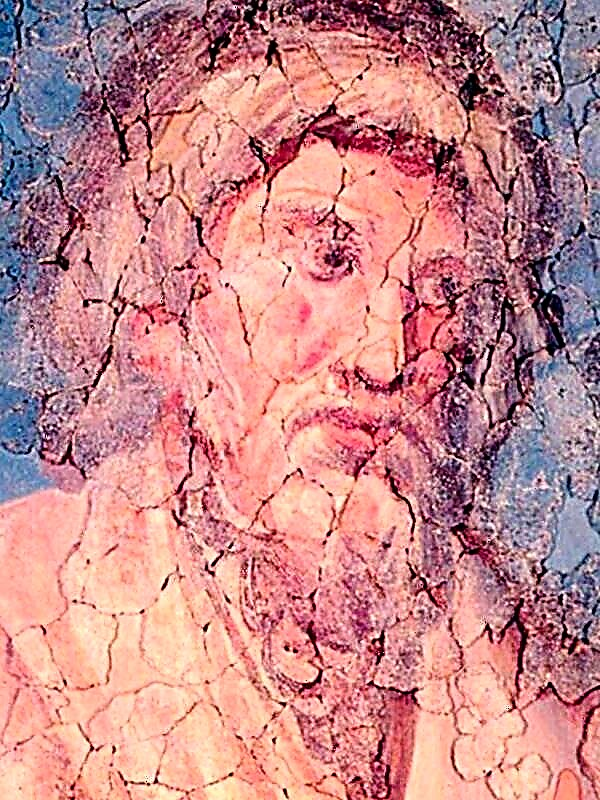 Metamorphoses
Metamorphoses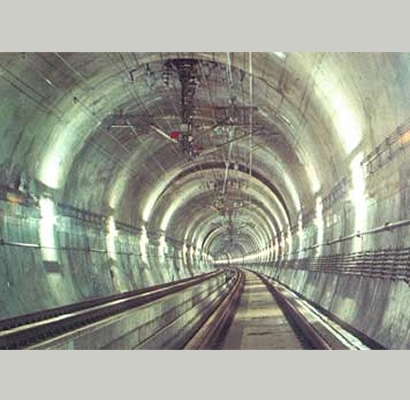


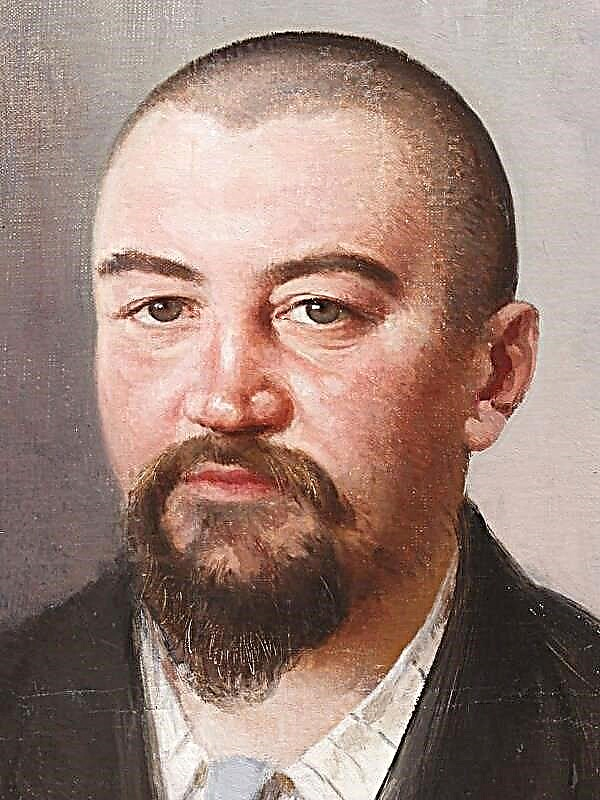
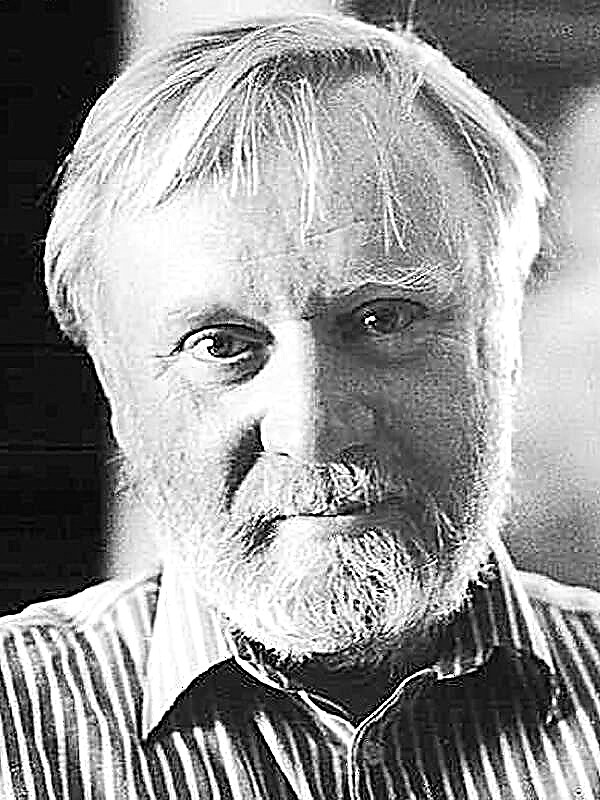
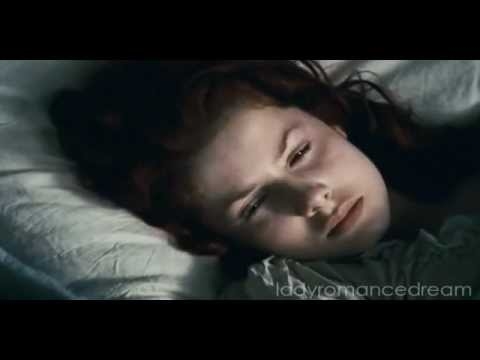 Perfumer
Perfumer
